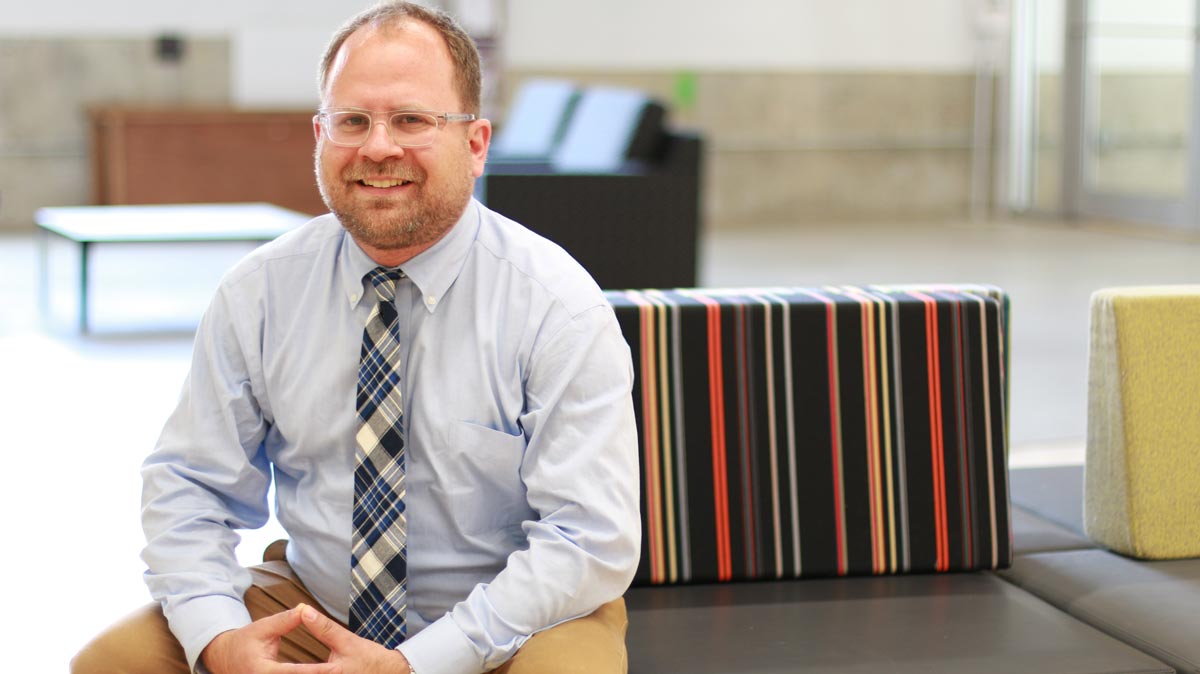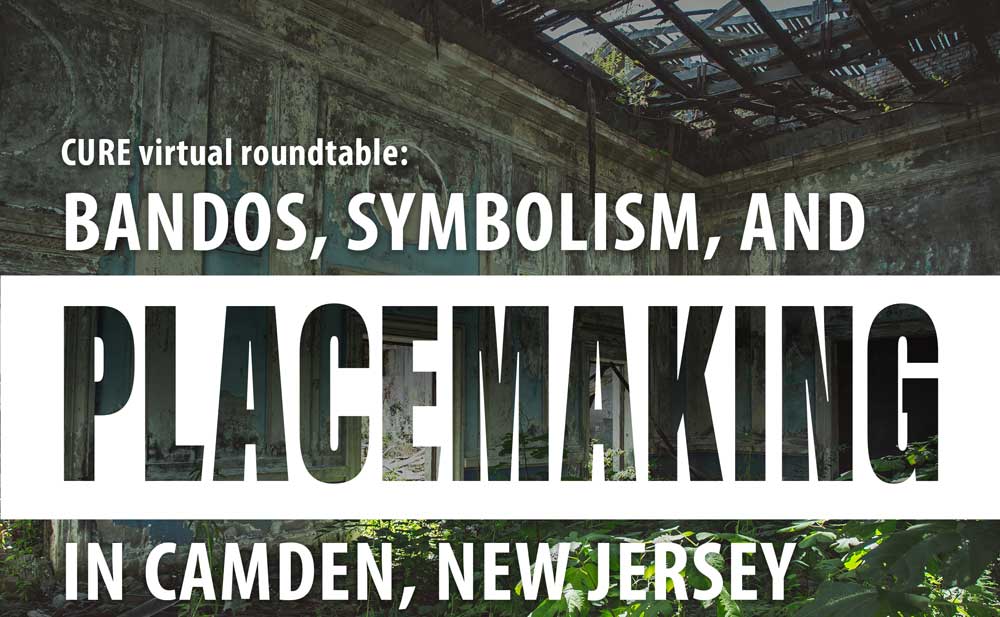The Whole-Home Repair Program
Thursday, November 10
12:30 p.m. – 1:45 p.m.
Alumni House Conference Room (Hybrid via Zoom)
Lunch will be served
Open to the public
Abstract:
Creating equitable and just communities and maintaining safe and healthy homes are two sides of the same coin. Hundreds of thousands of homes across Pennsylvania have moderate to severe physical inadequacies, including leaky roofs or windows, inadequate wiring, unreliable heat, or the lack of a flushing toilet. This deferred maintenance endangers the health of the home’s residents, including through exposure to mold, lead, and extreme temperatures in the winter and summer. The climate crisis, causing Pennsylvania to become increasingly hotter and wetter, exacerbates the deterioration of our homes by exposing them to conditions they were never intended to withstand, simultaneously burdening residents with crushing utility bills.
This program reinforces the adage that “the most affordable home is the one you already have.” It also speaks to the belief in the preservation community that preserving a home is about more than saving a building and keeping its occupants healthy; it is about preserving cultural memory and the character of neighborhoods and cities.
The Whole-Home Repairs Program won because of bipartisan support in both chambers of the Pennsylvania General Assembly, champions at all levels of government, and grassroots support from practitioners, advocates, community organizations, and residents across the state, revealing that rural and urban communities alike are engaged in a shared struggle against the detrimental effects of blight, abandonment, vacancy, and displacement, and the accompanying community-wide harms that this cycle triggers.
About Nikil Saval:
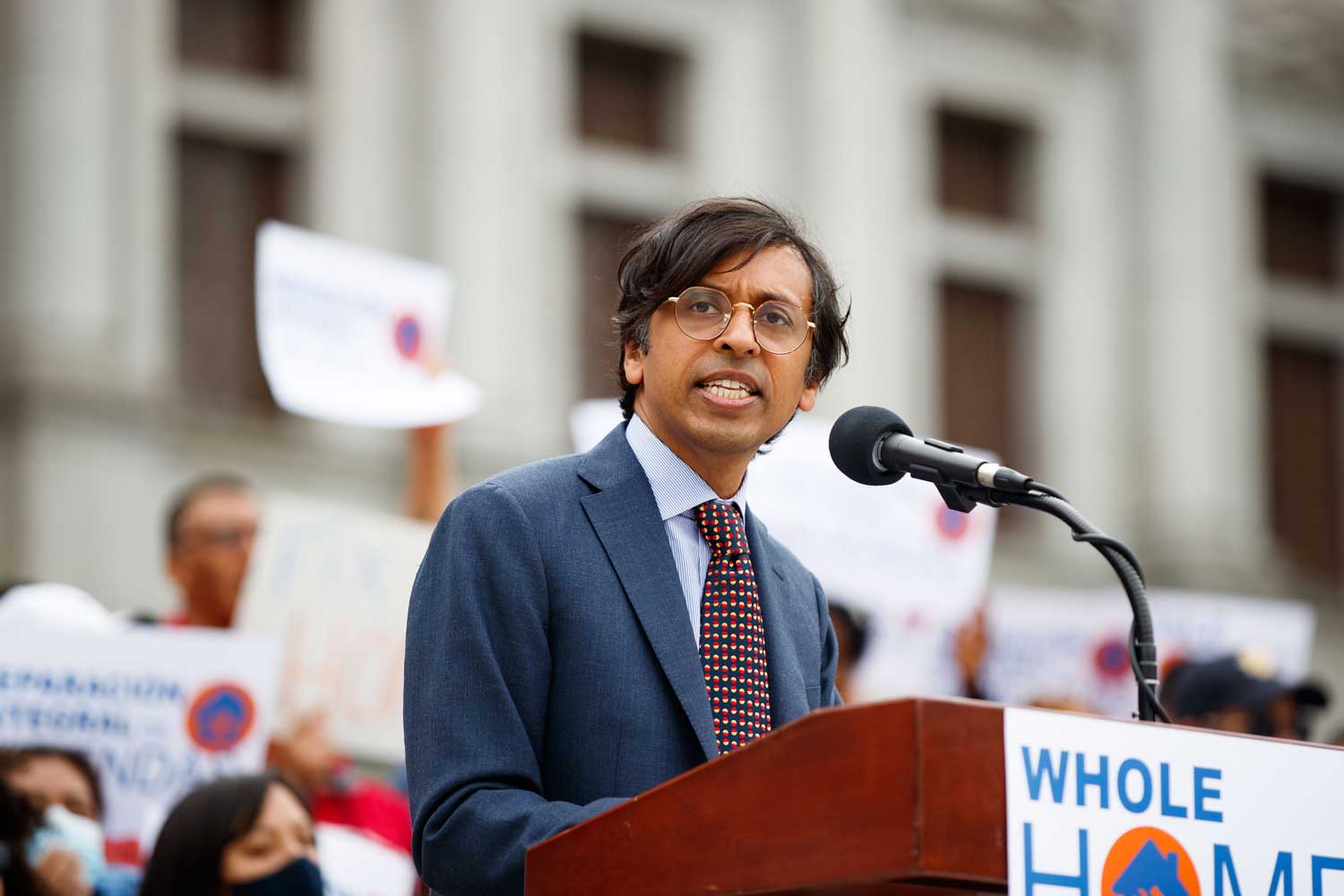
Senator Nikil Saval represents the First Senate District in the Pennsylvania legislature, where he serves as Democratic Chair of the Senate’s Urban Affairs & Housing Committee. Saval’s legislative work is focused on addressing Pennsylvania’s ongoing housing, mass incarceration, wage, and climate crises, while simultaneously pushing for structural change. His office led the creation of the Whole-Home Repairs Program, which establishes a one-stop shop for home repairs and weatherization, and which was adopted by the legislature in July.

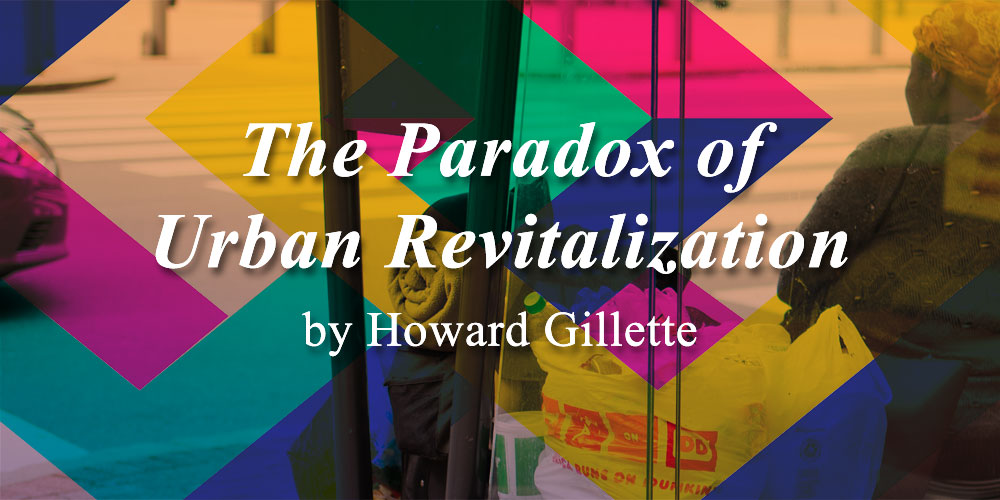
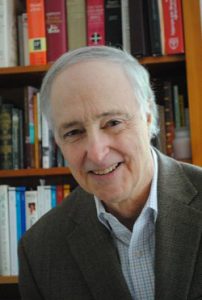
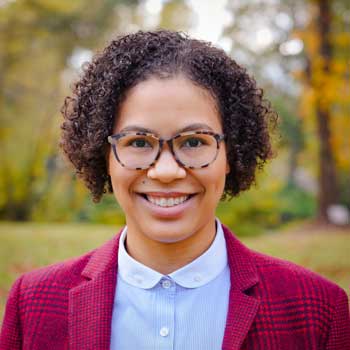 Kendra Boyd is an Assistant Professor of History at Rutgers University in Camden, New Jersey. She is a scholar of African American history, focusing on black entrepreneurship, racial capitalism, migration, and urban history. Her article “A ‘Body of Business Makers’: The Detroit Housewives League, Black Women Entrepreneurs, and the Rise of Detroit’s African American Business Community” (Enterprise & Society) won the 2021 Letitia Woods Brown Article Prize from the Association of Black Women Historians. Dr. Boyd also co-edited (with Deborah Gray White and Marisa J. Fuentes) Scarlet and Black, Volume 2: Constructing Race and Gender at Rutgers, 1865-1945, (Rutgers University Press, 2020). Currently, she is writing a book on black entrepreneurship in Great Migration era Detroit, Michigan.
Kendra Boyd is an Assistant Professor of History at Rutgers University in Camden, New Jersey. She is a scholar of African American history, focusing on black entrepreneurship, racial capitalism, migration, and urban history. Her article “A ‘Body of Business Makers’: The Detroit Housewives League, Black Women Entrepreneurs, and the Rise of Detroit’s African American Business Community” (Enterprise & Society) won the 2021 Letitia Woods Brown Article Prize from the Association of Black Women Historians. Dr. Boyd also co-edited (with Deborah Gray White and Marisa J. Fuentes) Scarlet and Black, Volume 2: Constructing Race and Gender at Rutgers, 1865-1945, (Rutgers University Press, 2020). Currently, she is writing a book on black entrepreneurship in Great Migration era Detroit, Michigan. 